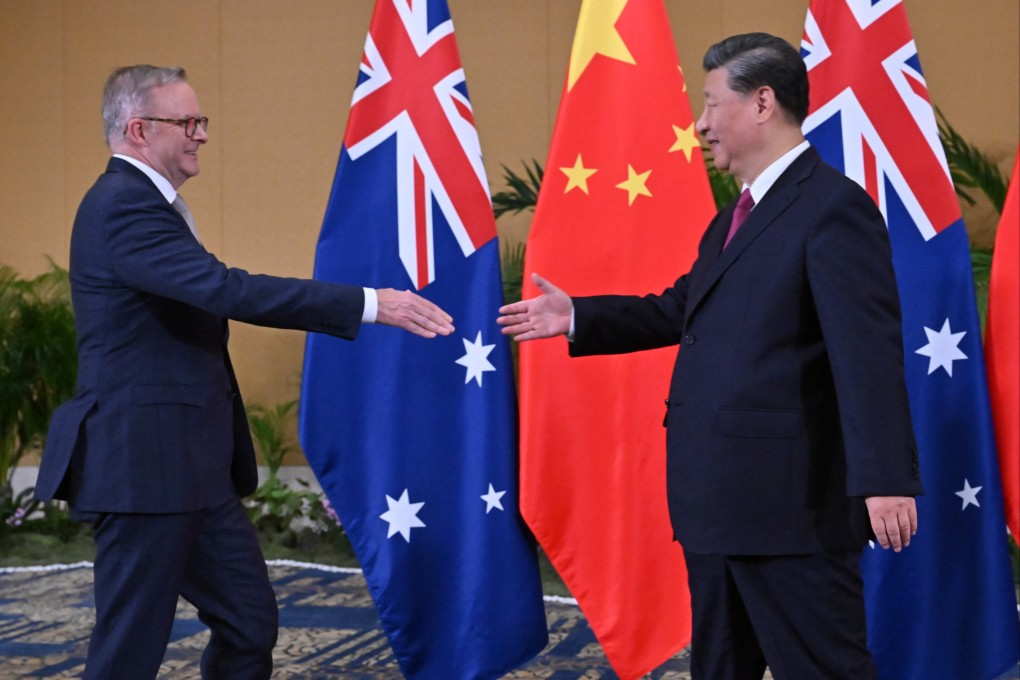Opinion | Australia owes its economic boom to China, and it should think twice about moving on
- After recent tensions, Australia’s new relationship with China can be described as blind political adventurism mixed with juvenile opportunism – and it will regret this

The late 1970s and much throughout the 1980s were transformative years for both countries, as Australia began deregulating its industries and opening up to the world around the same time Deng Xiaoping embarked on revolutionising China through its open-door economic policy.
As a result, Beijing needed resources to build the country from the ground up. Australia, conveniently located, had an abundant supply of raw materials for construction, industrialisation and the transformation of China from an agrarian society to a global manufacturing hub.
The win-win trading formula touted by Beijing allowed Canberra to experience exponential growth as a by-product of its success, shielding the country from the 1997 Asian financial crisis and 2008 global financial crisis. China is Australia’s largest export partner, with iron ore and coal exports accounting for 57 per cent of total exports before the Covid-19 pandemic.

